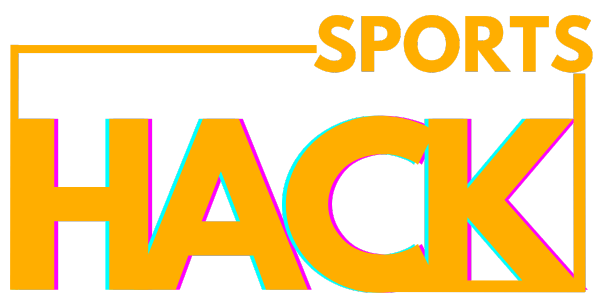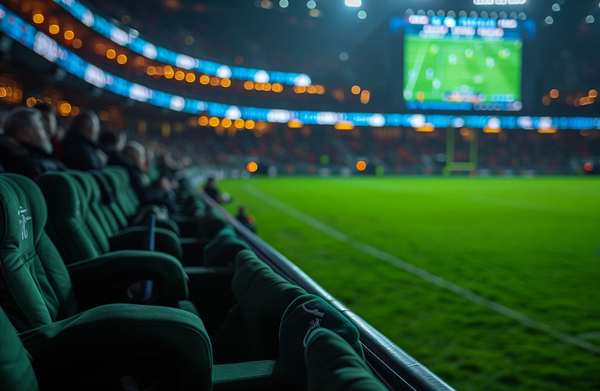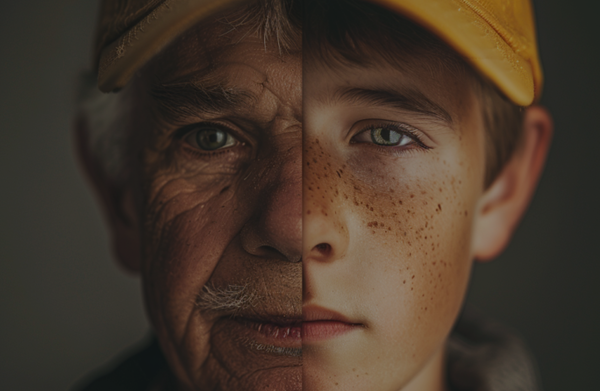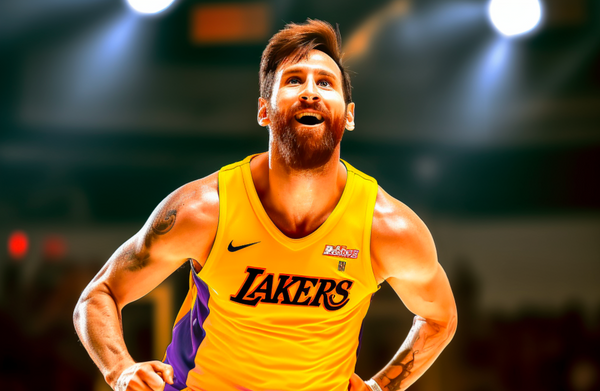Neurotechnology and Athlete Mental Training
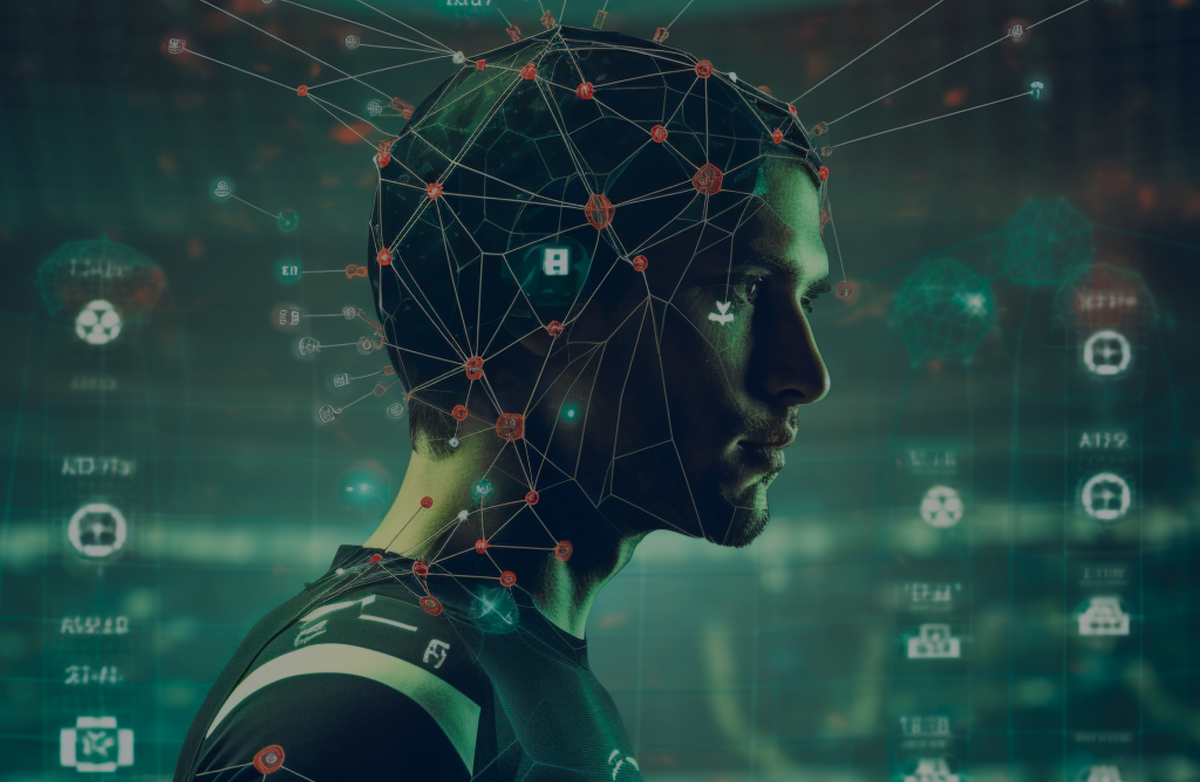
Neurotechnology is a rapidly growing field that has the potential to revolutionize athletic performance by focusing on mental training and cognitive enhancement. This technology is being applied in various industries, including healthcare, education, and sports, to improve brain function and overall well-being[5].
👀 Key Takeaways
- Neurotechnology is a rapidly growing field with applications in various industries, including sports[5].
- Mental health in athletes has gained increased attention in recent years, but research on effective interventions is still scarce[4].
- Neurotechnology is being used in brain imaging, neurostimulation, and neurodevices to monitor and regulate brain activity[5].
- Elite athletes, military personnel, and health professionals are using cognitive training systems like NeuroTracker to enhance brain performance[6].
- The sports neurocognitive industry is growing quickly, with neurotechnologies already available for cognitive training[8].
🔍 Market Trends
- The global neurotechnology market is expected to reach $13.3 billion by 2022[1].
- There is a rising demand for mental health resources and programs in the health and fitness industry[7].
- Virtual reality (VR) has potential applications in preventive healthcare, rehabilitation, assistive living, cancer therapy, and surgery[5].
- Neurodevices, such as brain implants, are still mostly in the research phase but hold major potential for treating brain disorders[5].
- The neurocognitive sports industry is growing fast, with increasing demand for neural conditioning in sports[8].
🏆 Top Businesses
- NeuroTracker: A widely validated cognitive training system used by elite athletes, military personnel, and health professionals to increase brain performance[6].
- IEEE Brain: A platform that offers neuroscience news, events, and research, as well as workshops on brain discovery and neurotechnology[2].
- SPARKD Fitness: A company that provides insights on cognitive training and its benefits for athletes and sports professionals[6].
🧩 What If Scenarios
- What if neurotechnology becomes a standard part of athletic training, leading to significant improvements in performance and mental resilience?
- What if neurodevices are developed to treat and prevent mental health issues in athletes, reducing the impact of stress and anxiety on performance?
- What if advancements in neurotechnology enable athletes to achieve peak performance by optimizing their cognitive abilities and mental states?
💡 Idea Generation
- Develop personalized mental training programs for athletes using neurotechnology to target specific cognitive skills and mental states.
- Integrate neurotechnology into sports facilities to provide athletes with access to cutting-edge mental training tools and resources.
- Collaborate with sports psychologists and neuroscientists to create evidence-based interventions for athletes' mental health.
- Use virtual reality to simulate high-pressure situations, helping athletes develop mental resilience and coping strategies.
- Encourage open discussions about mental health in sports, promoting a culture of support and understanding.
🔮 Future Impact
- Neurotechnology has the potential to revolutionize athletic performance by focusing on mental training and cognitive enhancement[5].
- The growing demand for mental health resources and programs in the health and fitness industry could lead to increased investment in neurotechnology[7].
- As neurodevices advance, they may offer new treatment options for brain disorders and mental health issues in athletes[5].
- The integration of neurotechnology into sports training could lead to a new era of peak performance, with athletes optimizing their cognitive abilities and mental states[8].
In conclusion, neurotechnology is poised to transform the world of sports by focusing on mental training and cognitive enhancement. As the industry continues to grow, athletes and sports professionals will have access to cutting-edge tools and resources that can help them reach new heights of performance and mental resilience. Embracing this technology and prioritizing mental health in sports will not only benefit individual athletes but also contribute to a healthier, more supportive sports culture. 🧠💪
